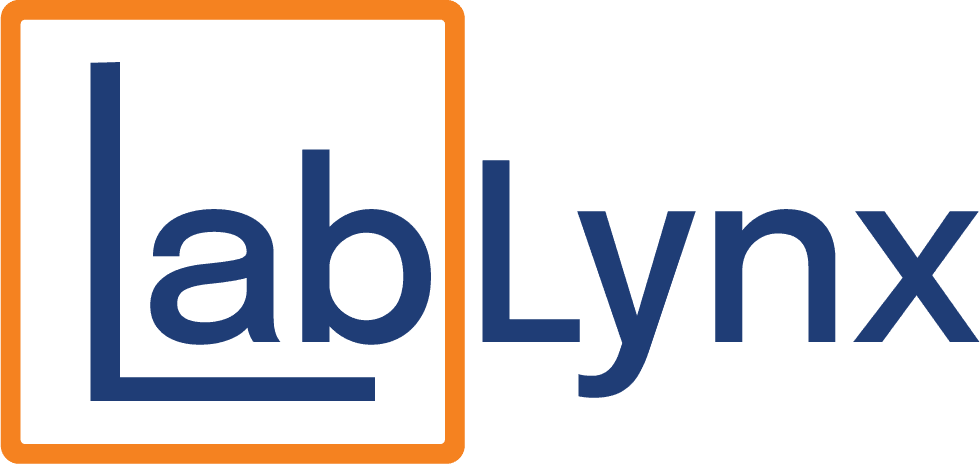Transforming Materials Science with LabLynx LIMS: Pioneering Materials Informatics
In the cutting-edge field of materials science, where the discovery and development of new materials can revolutionize industries, the role of Materials Informatics has become increasingly pivotal. This emerging discipline leverages data and advanced analytics to accelerate materials discovery and deployment. Integral to this process is the Laboratory Information Management System (LIMS), a technology that has been redefined by LabLynx to meet the unique demands of Materials Informatics. This article explores the synergy between Materials Informatics and LIMS, and how LabLynx is driving innovation in materials science with its specialized LIMS solutions.
The Intersection of Materials Informatics and LIMS
Materials Informatics combines materials science with information technology, utilizing vast datasets to uncover patterns, predict materials properties, and guide the development of new materials. The integration of a LIMS is crucial for managing the complex data involved in this process. LabLynx LIMS solutions provide the backbone for effective data management, facilitating the collection, storage, analysis, and sharing of data essential for Materials Informatics. With LabLynx LIMS, materials scientists can streamline their workflows, ensuring data integrity and accelerating the pace of materials innovation.
Benefits of LabLynx LIMS in Materials Informatics
LabLynx LIMS solutions offer numerous advantages for materials science laboratories engaged in Materials Informatics:
- Enhanced Data Management: LabLynx LIMS enables comprehensive data management, from experimental design to result interpretation. It supports the integration of diverse datasets, including experimental data, simulation results, and bibliographic information, crucial for Materials Informatics.
- Advanced Analytics Integration: LabLynx LIMS seamlessly integrates with advanced analytics tools, facilitating the application of machine learning and data mining techniques to materials data. This integration is vital for identifying trends and predicting material properties, speeding up the discovery process.
- Scalable and Customizable: Recognizing the diverse needs of materials science projects, LabLynx LIMS is both scalable and highly customizable. It can adapt to various research focuses within Materials Informatics, from nanomaterials to biomaterials, ensuring that laboratories can evolve their LIMS alongside their research.
- Collaboration and Data Sharing: LabLynx LIMS fosters collaboration by enabling secure data sharing among researchers, institutions, and industry partners. This collaborative environment is essential for the multidisciplinary approach of Materials Informatics, promoting innovation and accelerating material development.
- Regulatory Compliance: LabLynx LIMS ensures compliance with industry standards and regulations, a critical consideration for materials science laboratories. The system maintains comprehensive audit trails, manages electronic records, and facilitates quality control processes, ensuring that research meets regulatory requirements.
LabLynx: Leading the Way in LIMS for Materials Informatics
LabLynx has emerged as a leader in providing LIMS solutions tailored to the needs of Materials Informatics. By understanding the unique challenges of materials science and the potential of data-driven research, LabLynx has developed LIMS solutions that empower laboratories to harness the power of their data. With LabLynx LIMS, materials science laboratories are equipped to lead the way in materials discovery and development, leveraging data to drive innovation and achieve breakthroughs at an unprecedented pace.
The fusion of Materials Informatics with LabLynx LIMS represents a significant advancement in materials science, offering new pathways for material discovery and innovation. LabLynx is at the forefront of this revolution, providing the tools and technologies that enable materials scientists to explore the full potential of their data. With LabLynx LIMS, the future of materials science is data-driven, characterized by faster discoveries, more efficient development processes, and a broader impact across industries.




